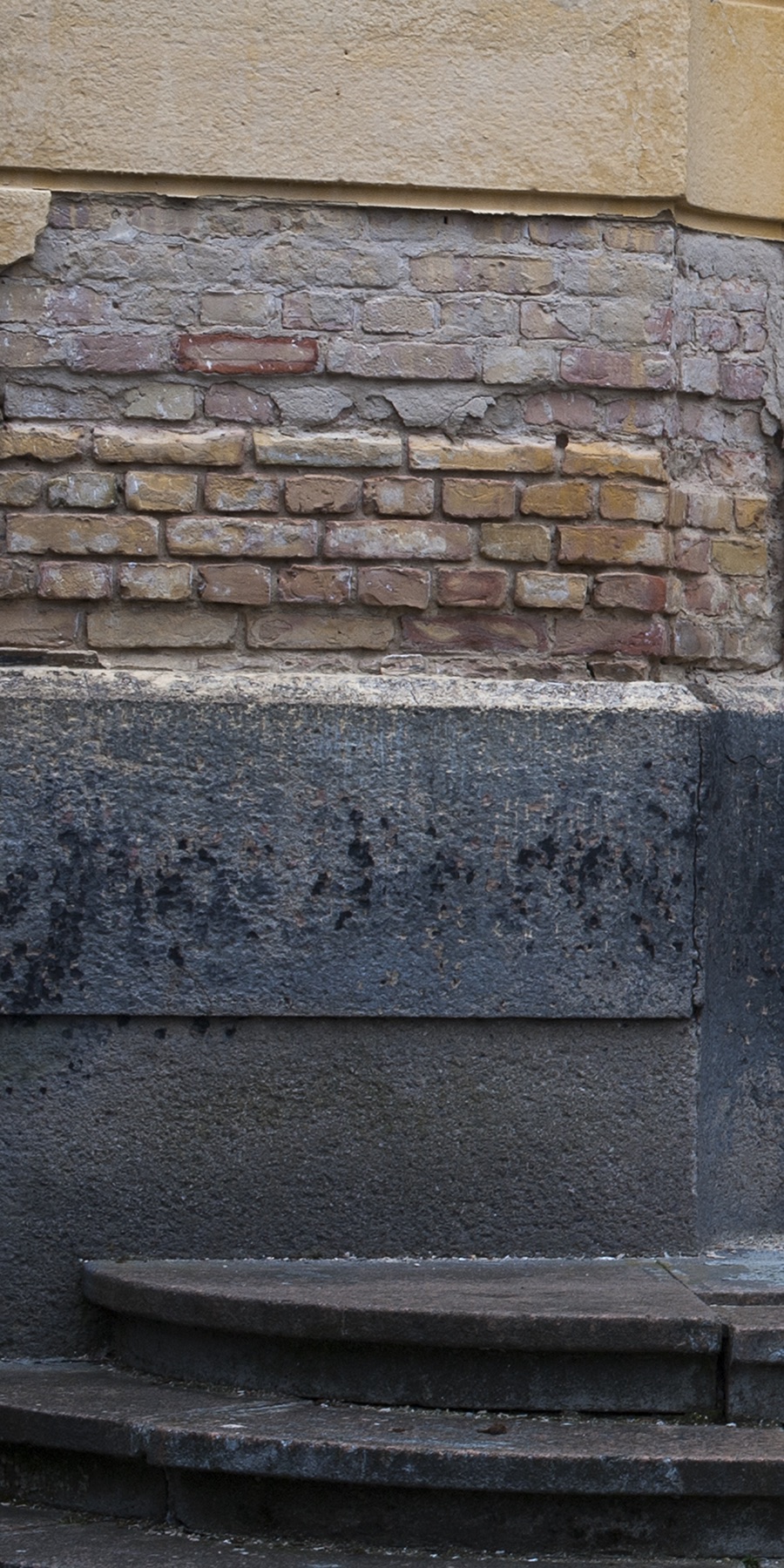Experiential Practice as Preservation Process An Approach to the Recent Ruin

If modernity has been associated with progress, a considerable part of its built legacy is facing rapid decay. Industrial wastelands and remnants of war are turning into recent ruins. Unlike their ancient counterparts deliberately preserved, they display a continuous passage of time arguably exemplifying the ruin per se.
While recognizing entropic forces as a challenge for the preservationist imperative, the dissertation advocates for the recent ruin as potential for rethinking built heritage beyond the agenda of saving. Whereas intervention and maintenance are common scopes of research, the qualities of decay and the obsolete are still in the margins. The dissertation asks how the ephemeral and temporal and their material and atmospheric expressions can be identified and formulated, to be worked with rather than dismissed. It argues that a less normative and more inductive approach is required.
Thus, this research project aims to investigate the potential of experiential practice to value processes of continued ruination. Rooted in phenomenology, it offers a systematic attentiveness to the “presence effects” of a site, beyond its significance as historical record. Selected case studies and documentary methods will create an experiential set of data, analyzed to formulate an experiential conception of the recent ruin, as ruin. The result is a framework to reconcile dichotomies of waste/heritage and nature/culture as well as a tool of analysis for fields of intervention such as preservation, design and curation.
Short Biography
Katrine holds a B.A. in Aesthetics and Culture from Aarhus University, Denmark and did her M.A. in World Heritage Studies at the BTU, Cottbus. Her museum work includes AROS, Aarhus Art Museum and the exhibition “Neolitische Kindheit, ca. 1930” at Haus der Kulturen der Welt. She worked as project coordinator and recipient of European Commission Funding, Youth in Action and Gwärtler Stiftung for the project Contemporary use of Listed Buildings, “CineEast Short Film Festival Berlin”, Kühlhaus Berlin. She was the recipient of the Women’s Advancement Initiative scholarship, BTU Cottbus and worked as part of the Young Professionals ICOMOS ISC20C Mentoring program. Since April 2020 she is doing her PhD within the DFG Research Training Group “Cultural and Technological Significance of Historic Buildings” at BTU Cottbus.
